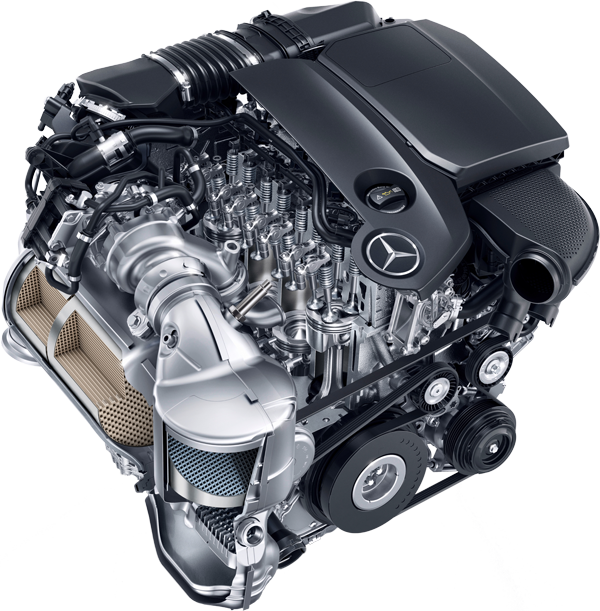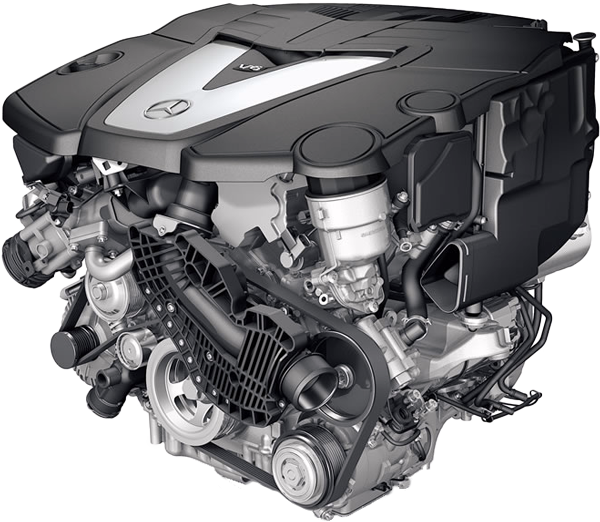The Comparative Analysis :
Mercedes E 200 d 9G-TRONIC (19 - ..) vs. Mercedes E 300 4MATIC 7G-TRONIC PLUS (13 - 14)
€ 46,100

€ 54,200

€ 46,100
Base Price ⓘBase price of a new vehicle with standard equipment in Germany at market launch.
€ 54,200
ⓘBase price of a new vehicle with standard equipment in Germany at market launch. Price Info
Vehicle Dimensions
The dimensions of these vehicles differ a little. The E 200 d is 4.4 cm longer, 0.2 cm narrower and 0.6 cm lower than the E 300.
E 200 d
E 300
1468
1852
2065
1474
1854
2071
1852 mm
Width
1854 mm
2065 mm
Width Incl. Mirrors
2071 mm
1468 mm
Height
1474 mm
2939
4923
2874
4879
4923 mm
Length
4879 mm
2939 mm
Wheelbase
2874 mm
Vehicle Weight
E 200 d
E 300
1680 kg
Kerb Weight
1815 kg
2320 kg
Gross Vehicle
Weight
Weight
2360 kg

Weight Difference:
135 kg
7.44 %

General
E 200 d
E 300
W213
Generation
W212
Saloon
Car Body Style
Saloon
Diesel
Fuel Type
Unleaded (95 RON)

Rear-wheel drive
Drive
Permanent all-wheel drive

9-speed automatic transmission
Transmission
7-speed automatic transmission
Engine
E 200 d
E 300
Straight-four diesel engine with turbocharger
Engine Type
V6 petrol engine (naturally aspirated engine)
Mercedes-Benz OM 654
Engine Series
Mercedes-Benz M 276
OM 654.916
Engine Code
M 276.952


4
Valves
4
4
Cylinders
6
1598 CC
Engine Capacity
3498 CC
158 bhp
at 3200 rpm
Power
249 bhp
at 6500 rpm
E 200 d
158 bhp
249 bhp
E 300
360 NM
at 1600 rpm
Max. Torque
340 NM
at 3500 rpm
E 200 d
360 NM
340 NM
E 300
Performance
E 200 d
E 300
140 mph
Maximum Speed
152 mph
8.4 sec
Acceleration 0 to 62 mph
7.4 sec
62 mph
62
mph
mph
117 m
0.000 sec

E 200 d
62 mph
62
mph
mph
103 m
0.000 sec

E 300
▶ REPLAY
10.63 kg/bhp
Weight-to-Power Ratio
7.29 kg/bhp
E 200 d
10.63 kg/bhp
7.29 kg/bhp
E 300
Fuel Economy / Emissions
E 200 d
E 300
Fuel Economy
67 mpg
combined
38 mpg
E 200 d
67 mpg
38 mpg
E 300
58 mpg
city
29 mpg
76 mpg
motorway
48 mpg
50 L
Fuel Tank Capacity
59 L
739 mi
Range
495 mi
E 200 d
739 mi
495 mi
E 300
Environmental Impact
86.4 kWh
Total Energy Consumption
per 100 miles ⓘThe total energy consumption per 100 miles is the amount of energy consumed by a vehicle when burning fuel or using electricity per 100 miles (final energy), and the energy required to produce the appropriate amount of fuel or electricity (primary energy).
per 100 miles ⓘThe total energy consumption per 100 miles is the amount of energy consumed by a vehicle when burning fuel or using electricity per 100 miles (final energy), and the energy required to produce the appropriate amount of fuel or electricity (primary energy).
140.2 kWh
E 200 d
86.4 kWh
140.2 kWh
E 300
Euro 6d-TEMP-EVAP-ISC (WLTP) 36CH, 36CI, 36DG
Emission Standard
Euro 5
132 g/km (WLTP)
CO2 Emissions
174 g/km (NEFZ)
Practical Convenience
E 200 d
E 300
4
Doors
4
5
No. of Seats
5
640 kg
Maximum Payload
545 kg
540 L
Boot Capacity
540 L










No data
Boot Capacity (Seats Down)
No data















